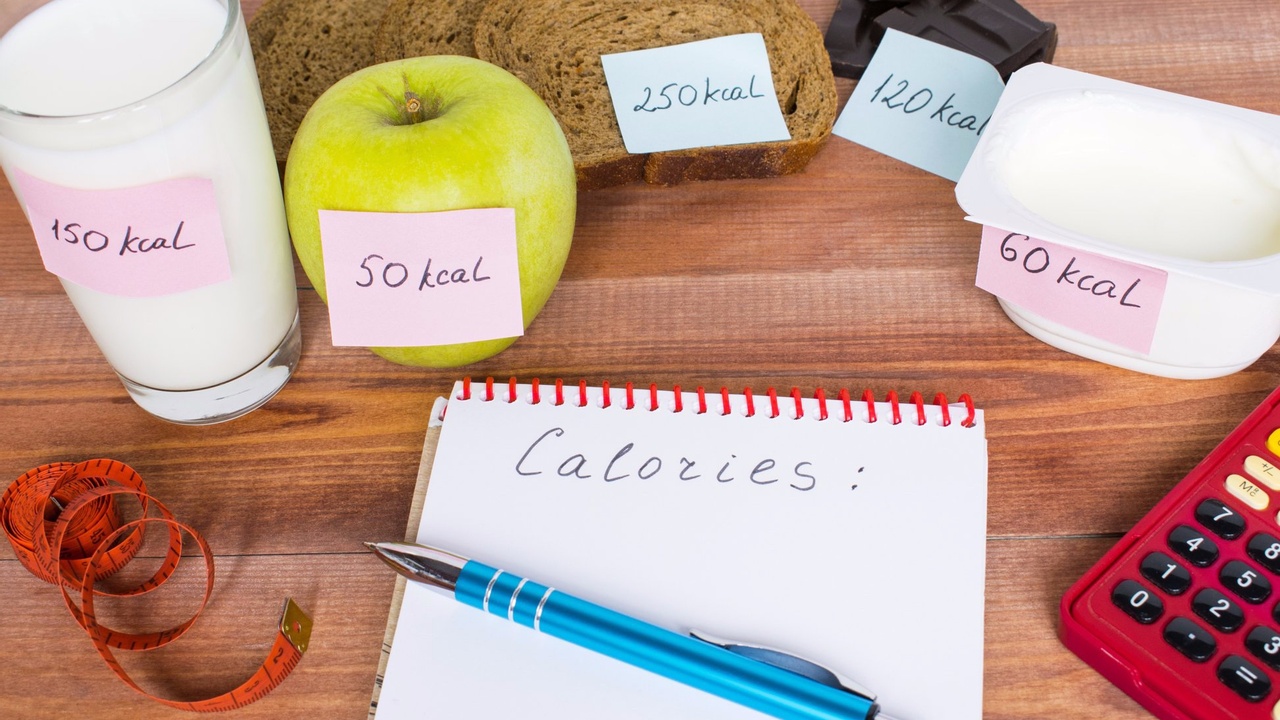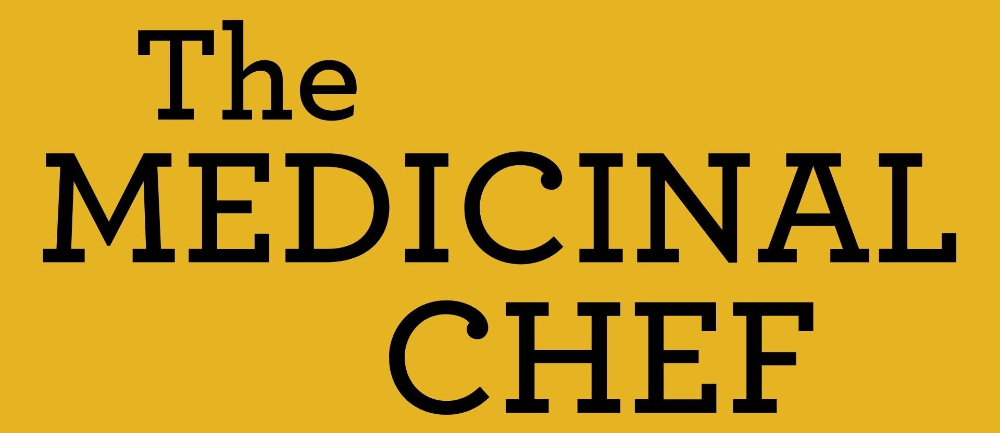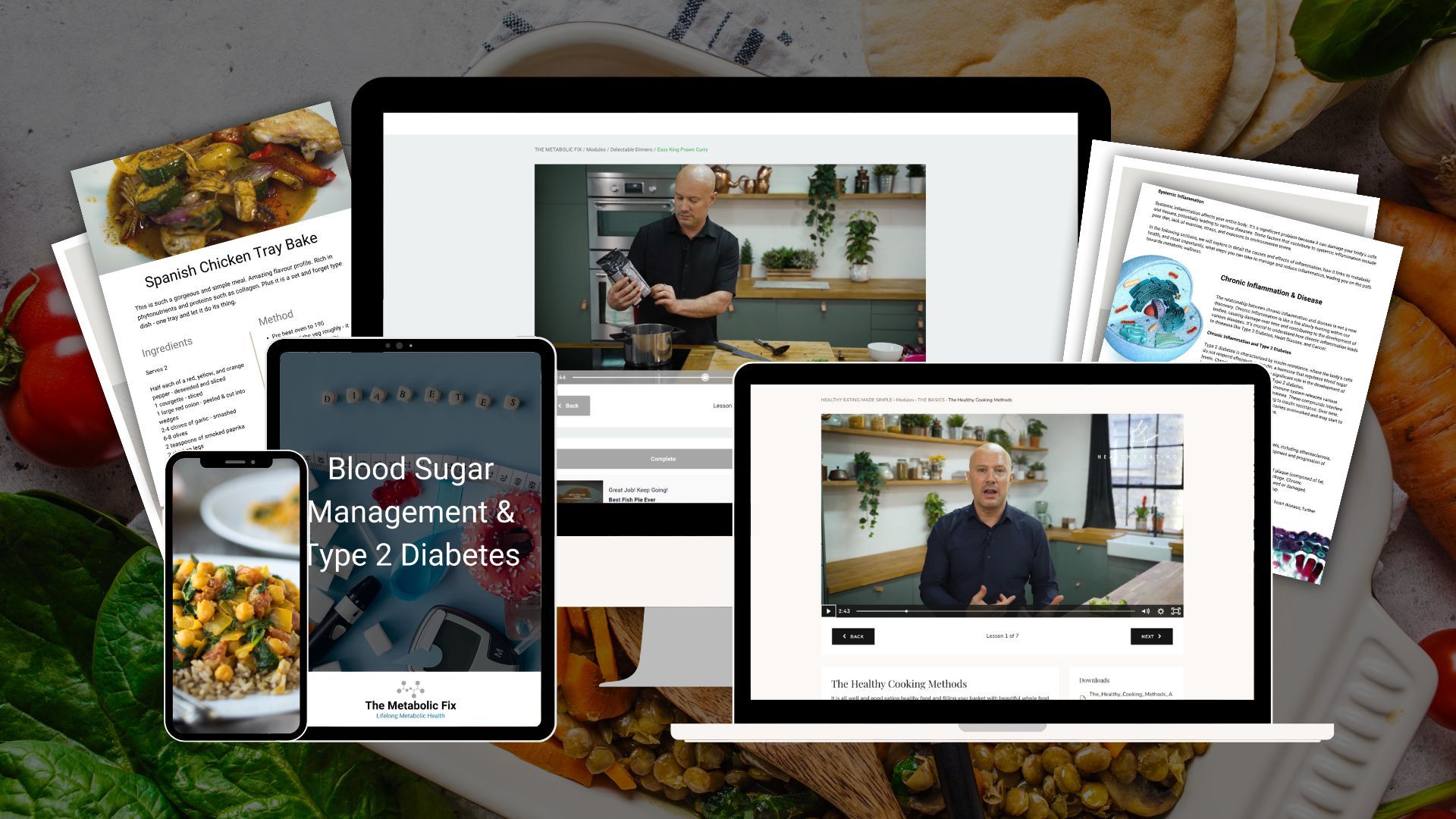Stop Counting Calories
Apr 15, 2021
Calories. Ahhhhh those little nuggets. We have all heard this word a billion times in our lives. Many of us talk about them frequently. We sit there and chat away about this has this many calories, thats high in them, thats lower in them and all that jazz. But how many of you actually know what a calorie is and how it is measured.
A calorie is a unit of energy. I think we all know that. It is actually the amount of energy that it takes to raise one gram of water by one degree celsius. Interesting!! So, how do we measure this and how do we know how many of these little devils that shrink our clothes whilst we sleep are actually in a food. A device called a ‘Bomb Calorimeter’ is used. This is a highly pressured sealed container that contains water, and a sample of whatever food. Electrical energy is used to ignite the food that then burns into an ash, releasing all its stored energy, raising the water temperature. The amount the temperature is raised determines how much energy that is yielded from the food.
This already raises a few questions to me. Now unless I missed the class that day, im pretty sure that a full on combustion reaction doesnt take place in our digestive system after we have eaten. I have had a few curries in the past that almost convinced me otherwise, but generally this is not the case. So, is the calorimeter value a realistic reflection of the energy that the food in question will actually deliver to the body?
A simple combustion reaction yielding energy is not what happens in the body. If it was our lives would be so much easier. The food that provides the calories impacts our biology in so many different ways that extend way beyond just energy values.
If you were to listen to the age old ever repeated dietary dogma that has existed for decades, you would have heard two things pretty much. The first is that all calories are equal when it comes to weight loss. Whether you got those calories from ready meals and Mickey D’s, or vegetables and quality proteins, it doesnt really matter for your waistline. The second, and the biggest pile of twaddle of them all – ‘To lose weight you simply need to burn more calories than you consume’. Ohhh so thats all I have to do. Oh thats easy isnt it? Thats why generations of us have been calorie counting and following this dogma and in the process getting fatter and fatter.
This whole idea is simply completely and totally inaccurate. It is based on purely energy values that work beautifully when we are talking about mechanical devices like a car. You know…using the car example…To achieve a certain distance at a certain speed, a certain amount of fuel of a standardised value (petrol or diesel) is required to give the energy. This fuel is burned and the energy from the combustion of this fuel powers the car along. Simple stuff.
The bomb calorimetry that we described earlier cements this idea right? But, when you start to apply this logic to a BIOLOGICAL system – something that converts, metabolises, digests, breaks down and rebuilds, is controlled by hormones and biochemical reactions and intercellular interactions – the whole idea comes crashing down around our ears. Suddenly we are not talking about a simple numbers game any more. Now we are talking about a variety of different substances that can be used as a fuel source (our food), all that are made up of a massive array of different compounds and substances, that can massively interact with our biology. Weight management is not simply like a bank account. It is a complex dance between hormones, energy requirements, fuel source availability and a hundred other variables, all working together in a complex orchestra. So this is the level we need to go in at. This is what we need to understand if we are to create lasting change in our lives. We need to get to the real root of the information and understand how our bodies work and how we can eat in a way that supports healthy functioning.
So, lets look at a little comparison to illustrate this.
Lets say you got 500 calories from chocolate, and 500 calories from broccoli. From a simple energy perspective, the energy yield is exactly the same. 500 calories. SO in theory we could opt for either as long as we were within our calorie quota, and all would be fine. But you have to absolutely be from another planet to think that these two foods will impact your body in the same way. As I say, it isnt a bank account. It is an interplay of many factors.
Bearing this in mind, think about this. Chocolate. Love it. Great stuff now and then, but the one thing it is high in is very simple sugars. No shock there Sherlock. But these simple sugars take very little time to digest and get absorbed rapidly. This can send our blood sugar up incredibly high which can create a whole metabolic hormone cascade that can affect how we process the energy that has been presented to the body. How can we use this flood of available energy substrate. CAN we use it effectively? In a relatively small serving, there is a lot of a substance that can cause metabolic chaos – the simple sugars.
Now, on the flip side 500 calories worth of broccoli – that is over TWENTY servings – is a very different picture. This fantastic food stuff is incredibly high in fibre, low glycaemic carbohydrates, and a decent amount of protein. It takes much longer to digest and doesnt impact the cascade of hormones that simple sugars would in the same way at all.
Same energy values – completely different impact upon our biochemistry.




